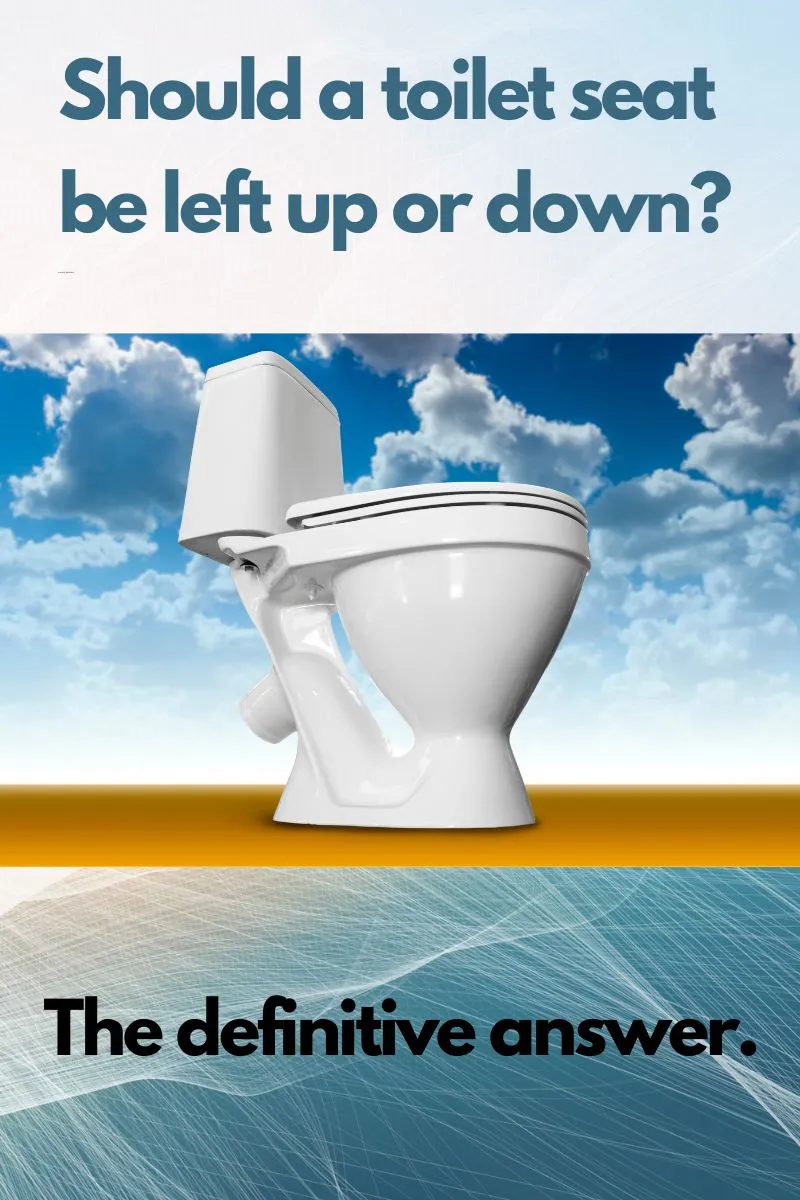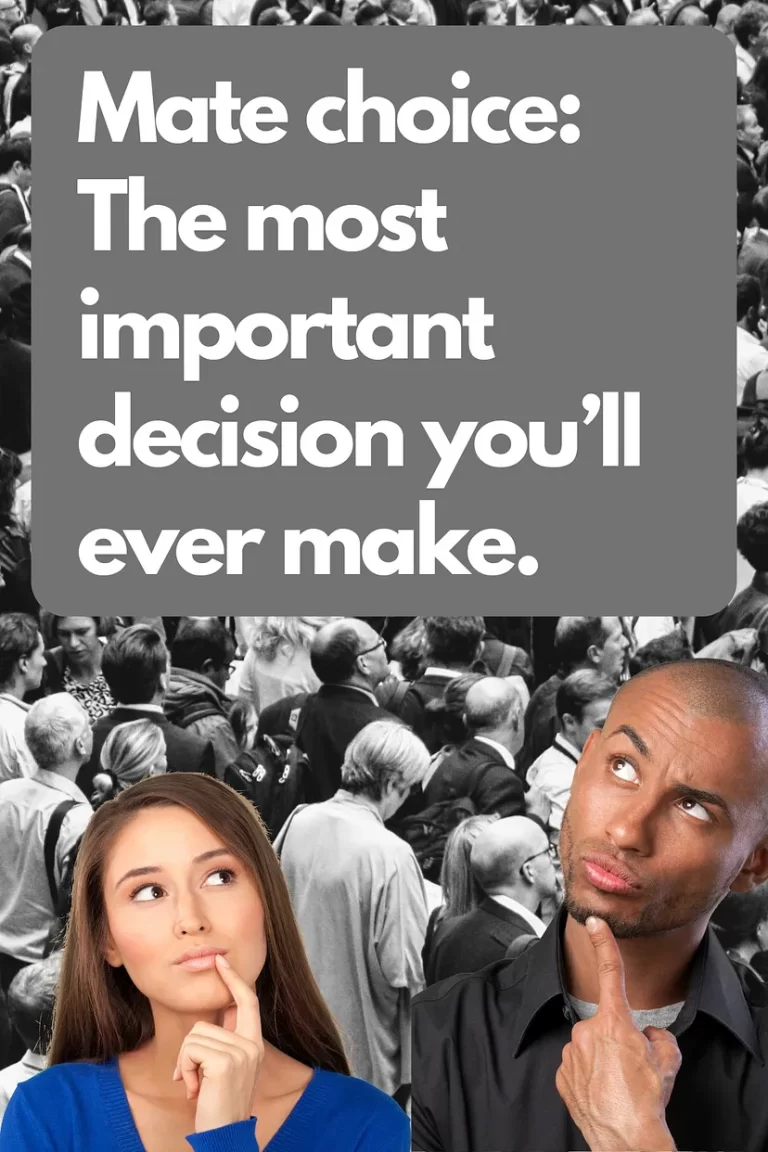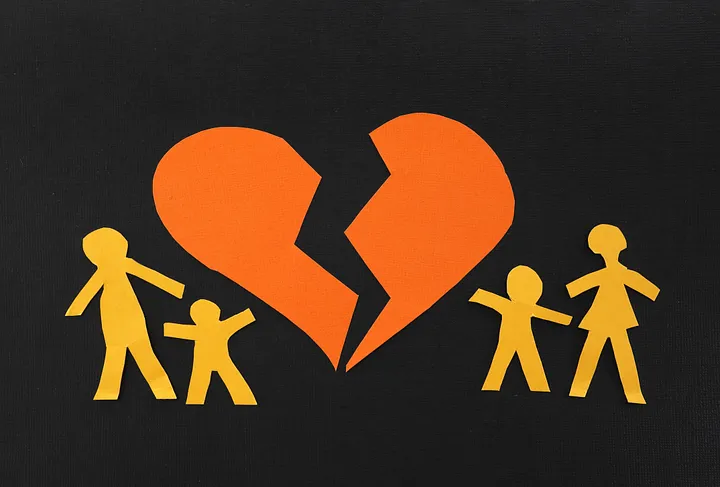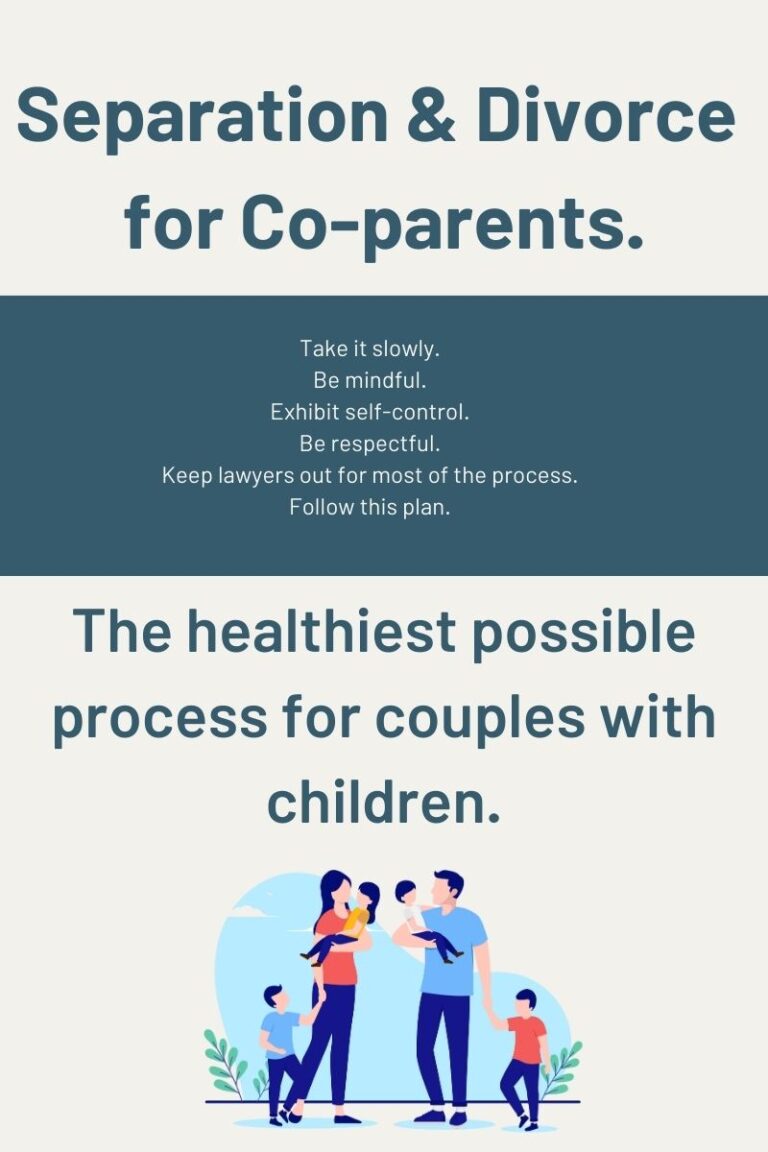Hey Guys, It’s Not About Leaving the Toilet Seat Up.
Almost every person who is a toilet user and has had a man around their home knows that the position he leaves the toilet lid or seat after a visit to the bathroom can quickly become an issue. Based on what my therapy clients say, most people would prefer to walk into the bathroom and find it left in the down position, and quite a few men like to argue that there is no right or wrong and they should be able to leave it in the state they choose.
After five years in graduate school, twenty years in private practice, and more years knowing men than I prefer to say, I have decided to offer professional advice about it, hoping we can settle the issue once and for all. The first thing to understand is that these arguments are not really about the toilet bowl, but you knew that. Right?
Though couples argue and disagree about it, the dynamic of each person’s perspective about toilet seat policy may seem like one of life’s small things but it is very telling. When I married my husband, he firmly believed it was just as right to leave it down as it was to leave it up. I blame that on his being a Libra and wanting everything in life to be fair and square. His adult son, not a Libra, readily adopted his father’s attitude. I noted that both of them seemed to enjoy fighting for male rights because women fought for their rights by golly, and they had chosen their battle for equality by leaving the seat up despite numerous protests from female friends and family members.
Should we mention here the thousands of years men have claimed privilege, entitlement, and domination over women, creating generational wounds that still exist? Maybe. But this blog isn’t about that. It’s about how to have healthy relationships and work through life’s little annoyances with your relationship intact.
If either gender in the heterosexual world could live without the other, we probably would. I do sometimes envision a continent full of women drinking wine, watching chick flicks, and rescuing animals, and men on another continent belching, fishing, and talking about sports. But nothing on this planet makes us feel like the opposite sex when we are in love, so we have to find ways to co-exist peacefully.
There is an important aspect to relationships that the toilet seat left in the up position represents: Am I a spouse who thinks about what I want, or am I a spouse who thinks in terms of we and us and what is best for the family as a whole?
Terry Real, author of Fierce Intimacy, arguably the best book for couples ever written* (available in audiobook only), created a type of therapy for couples called Relational Life Therapy. Like me, he is Pia Mellody trained, meaning he has studied childhood trauma and how to recover from it. Real knows that our past trauma leaves us with emotional disabilities that render us emotionally immature, and that’s why good, smart people end up hitting roadblocks in relationships. Until the roadblocks are cleared, there will be no emotional intimacy, and a person will not be relational. When you are not relational you won’t know how to have a healthy relationship with your spouse that can last happily over the lifespan. Being relational is all about thinking in terms of us, the couple.
Now, back to the toilet seat. If a man is in recovery from childhood trauma and is now able to function as an emotional adult, here is how he might process it:
Wife: God! I fell in the toilet last night at 3 a.m. because, once again, you left the damn toilet seat up! It’s simply good manners to think of how your actions affect another person. How many times do I have to beg you to put the damn toilet seat down! This is a big deal!
Husband: “Oh my. I’m so sorry I did that. You have good reason to be angry. How uncomfortable that unwanted splash of water on your bottom must have been, I wish I could go back and leave it down for you; my brain must have been offline. There won’t be a next time, I assure you.”
The husband had the perfect response here. He apologized, sympathized, and acknowledged his mistake. He thinks relationally, so he knows it’s a good idea to do the little things his wife cares about, like leaving the toilet seat down. He wants to do it because he truly cares about her and wants to do what he can to make her happy. If marriage is not about giving and doing things for one another that make each other happy, what is it?
My husband is a homebody and loves my home-cooked meals. I know they make him happy, so I make a point of cooking something he’ll enjoy several times a week. If I were single, I would not cook nearly as much or as often. I only do it because I care about him, and he loves it so much. That is being relational. You can’t love and care about someone sitting in a chair and thinking about it, you have to do loving actions for them. Remember, the word love is a verb, and that means it is an action. If leaving the toilet seat down makes your spouse feel that what they need and want is important to you, then why wouldn’t you choose to do the loving action and do it?
Leaving the toilet seat up after repeated requests to leave it down symbolizes to your spouse that what you want is more important than what your partner wants. That’s not being relational. I often tell my clients that marriage is for adults, and if they don’t want to do the work a good marriage requires and they want to do what they want the way they want, there is the perfect place for them: a single life. It’s very simple. The best thing you can do for your marriage is to think of ways to show your partner you love and care through loving acts and, more importantly, the things that they have told you they want and need, not what you want to do or are capable of.
There are so many different ways to accommodate your mate. Just listen to what they complain about or say they want or need, or you can ask them. Resentment will pile up if your spouse makes a request repeatedly and it is ignored. When that happens, it will lead to a loss of respect and hope, and what happens next will make you wish you had lowered the toilet seat every single time
I know you must be dying to know if my husband changed his toilet seat in the up position ways. He did. He has listened to Fierce Intimacy four times and has read other Pia Mellody and Terry Real books. He now understands the whys of it and doesn’t process it as a demand or as me trying to control him. He wants a happy relationship, which sometimes means giving up his preferences for my preferences.
His son has not changed, but he lives hundreds of miles away and has recently married. I have no idea if the toilet seat is an issue for them. I do know that when he visits, he still leaves the toilet seat up. I still ask him not to do that, and he grumbles about why my preference is more important than his. I have heard his dad tell him, “Stop arguing and just put the seat down. Why would you want to create a problem?” Indeed. My advice is that if you stubbornly hang on to doing something after being respectfully requested not to, you’ve got some growing up to do. Especially if the requests are reasonable.
At the end of the day, we all need to ask ourselves if we are cut out to put what we want aside in favor of what someone else wants. No married person has to do that all the time, but you must do it enough that your spouse knows you respect and love them and sincerely want them to be happy. Marriage is about giving. To make it over the long haul, the idea of, “How can I make my partner’s life easier, better, and more peaceful?” should be at the forefront of your mind. The beauty of doing these things is that it often influences your partner to be that way for you.
*I am an Amazon affiliate and may receive a small percentage when you purchase this book.
Becky Whetstone, Ph.D., is a licensed Marriage and Family Therapist in Arkansas and Texas* and is known as America’s Marriage Crisis Manager®. She is a former features writer and columnist for the San Antonio Express-News and has worked with thousands of couples to save their marriages. She can work with you as a therapist or life coach anywhere in the world. She is also co-host of the YouTube Call Your Mother Relationship Show and has a telehealth private practice as a therapist and life coach via Zoom. To contact her, check out www.DoctorBecky.com and www.MarriageCrisisManager.com. Also, here is how to find her work on Huffington Post. Don’t forget to follow her on Medium so you don’t miss a thing!
For licensure verification, find Becky Whetstone Cheairs.







